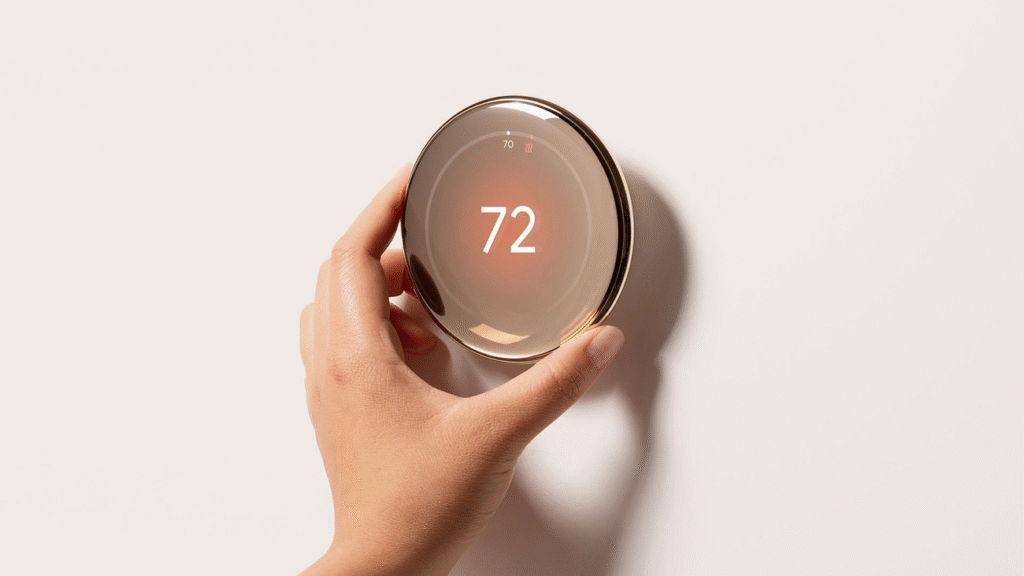Google will stop sending software updates and remote controls to its earliest Nest Learning Thermostats in October of 2025. This change affected the first- and second-generation models from 2011 and 2012, as well as the European version from 2014. Owners will keep full manual control of the device itself but lose the ability to use the Google Home or Nest apps and Google Assistant. In Europe, Google will also end sales of new Nest thermostats, citing the diversity of heating systems and hardware requirements. To help with the change, Google will offer discounts on newer models in different regions.

Why Google is Ending Updates
Google evaluated the hardware limits of its earliest thermostats and found it increasingly hard to support new features and security patches. These early models rely on older processors and memory that cannot run updated software reliably. The company made a difficult decision to focus resources on newer devices that can handle modern smart home demands.
Models Affected
First and Second Generation Thermostats
The original Nest Learning Thermostat from 2011 will no longer receive updates after October 25, 2025. The second-generation model from 2012 and its European variant from 2014 will also lose software support and remote controls in October 2025. These devices will continue to run on their built-in schedules and allow manual temperature changes on the dial.
European Pullout
Google confirmed it will not introduce new Nest thermostats in Europe due to the varied heating systems and regulations across the continent. The third-generation Nest Learning Thermostat from 2015 and the Nest Thermostat E from 2018 will remain available in Europe while stocks last and still get security updates. Google plans to support other smart thermostat brands in Europe through its Home platform to serve diverse markets.
What Users Can Still Do
Users can still change the temperature mode and schedule directly on their legacy thermostats after October 2025. The built-in auto-schedule and learning features will keep working as set before the update cutoff. Without Wi-Fi, these early devices still operated fully locally, which is not the case for some newer models. Owners will lose away assist and other connected features, but manual controls remain intact.
Transition Offers
Google will email eligible users in the United States and Canada with an offer for a discount on the fourth-generation Nest Learning Thermostat. The discount is one hundred thirty dollars in the United States and one hundred sixty dollars in Canada. In Europe, Google will offer fifty percent off the Tado Smart Thermostat X Starter Kit to those affected by the discontinuation.

A Thought on Smart Home Future
Fourteen years of service from a smart device is a long run in technology terms. As more home gadgets gain screens and connectivity, owners face the risk of losing key features when support ends. This phase-out highlights the importance of open standards and long-term plans for device lifespans. Many will hope that future smart home products last longer or provide pathways to community-led software overhauls.




